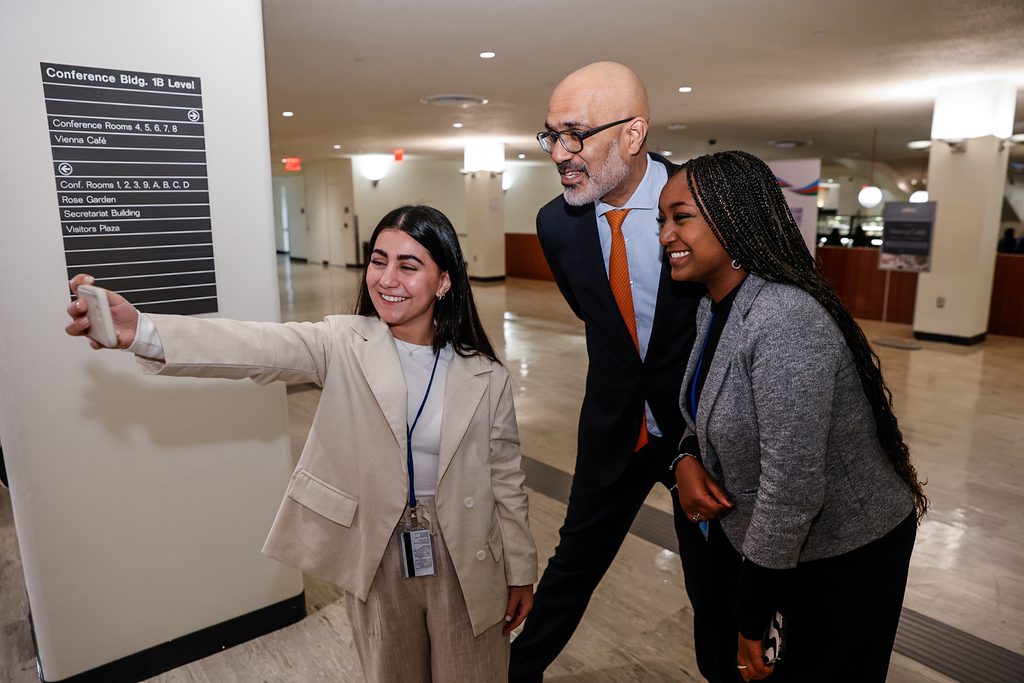Nothing for youth without youth
Advocacy and Activism at CSW68
19 March 2024Youth Advocates share their experience of advocacy in global decision-making spaces at CSW68
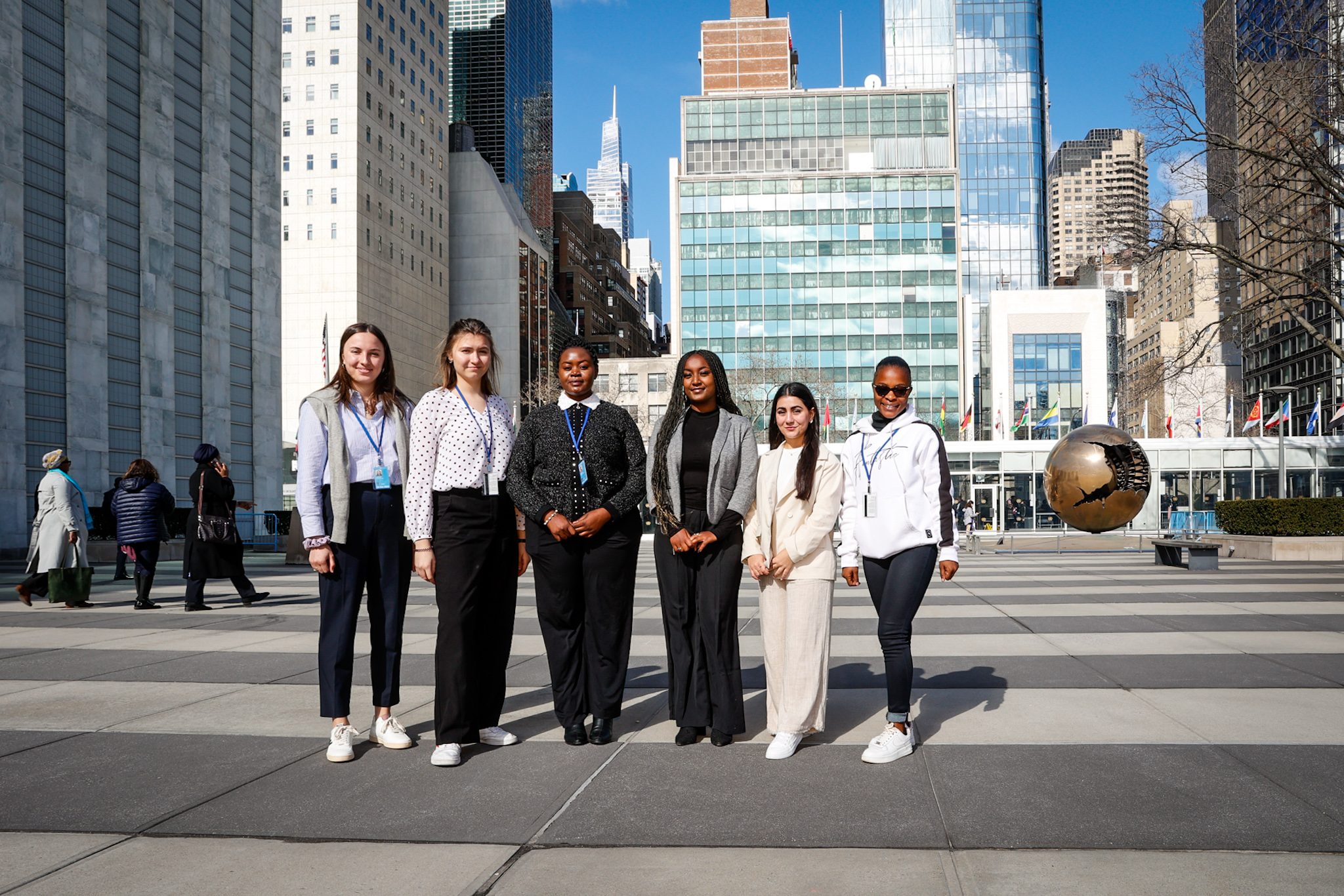
The Commission on the Status of Women (CSW) brings thousands of people from around the globe to United Nations Headquarters in New York City. CSW describes these two weeks as the largest annual gathering on gender equality and women’s empowerment, with this year’s priority theme addressing gender equality and poverty.
Seven youth advocates arrived in New York as part of the official Plan International CSW68 delegation:
- Aline, Lebanon, 20
- Byronie, United States, 19
- Lara, Germany, 19
- Michelle, Malawi, 20
- Paula, Germany, 22
- Precious, Zambia, 16
- Semaria, Ethiopia, 21
Because there is nothing about youth without youth, they came to share their expertise, give policy recommendations, and claim their rightful place in decision-making spaces. They traveled from various arms of Plan International: Plan USA, Plan Germany, Plan Malawi, Plan Zambia, and from the UN Youth Cohort of She Leads, a joint programme of several INGOs with a specific focus on East Africa, West Africa, and the Middle East which seeks to increase the sustained influence of girls and young women on decision-making and the transformation of gender norms in formal and informal institutions.
We asked these youth advocates to share their experiences of CSW and advocacy in global decision-making spaces.
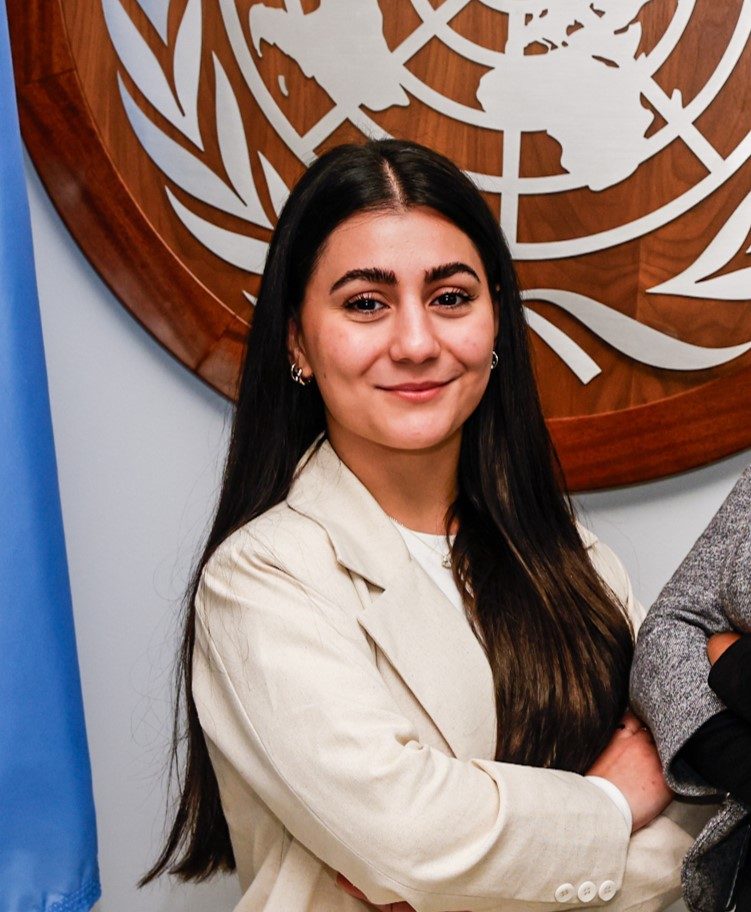
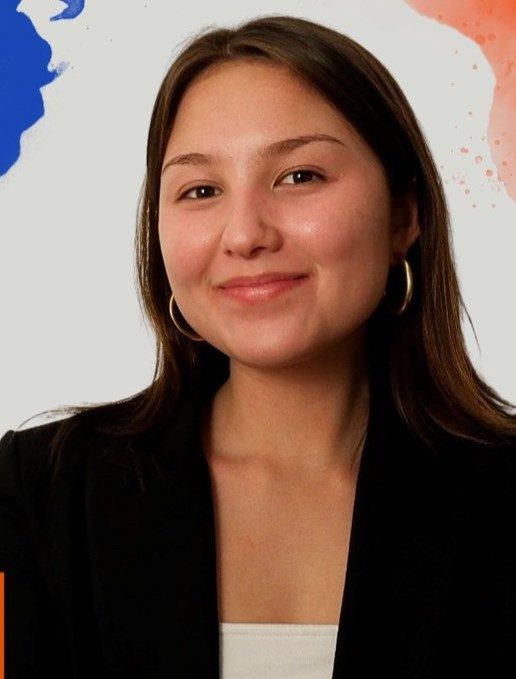
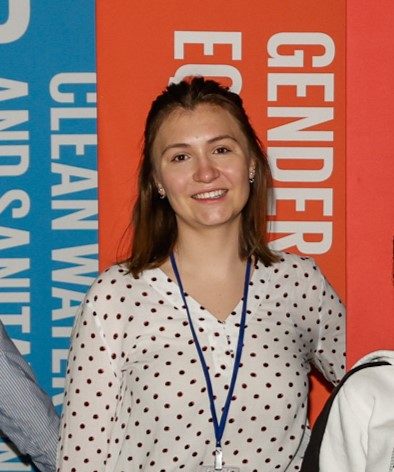
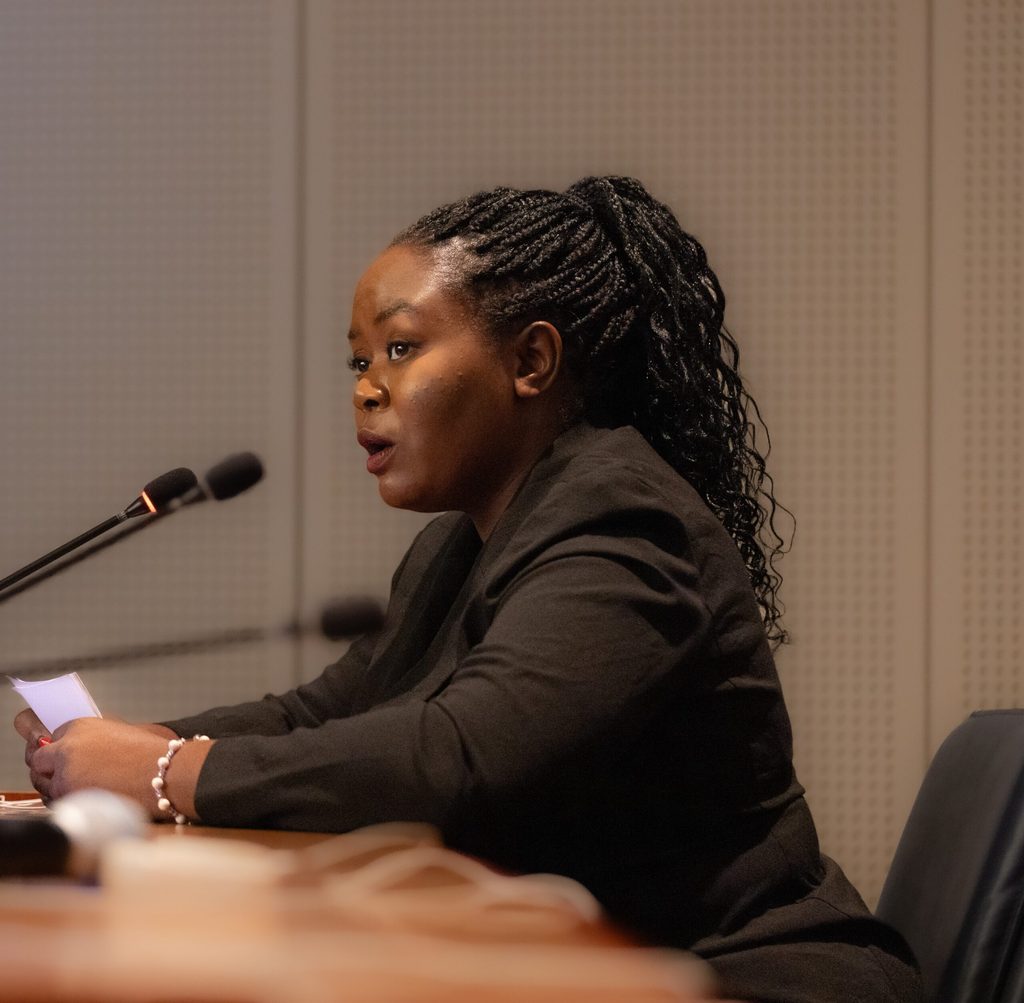
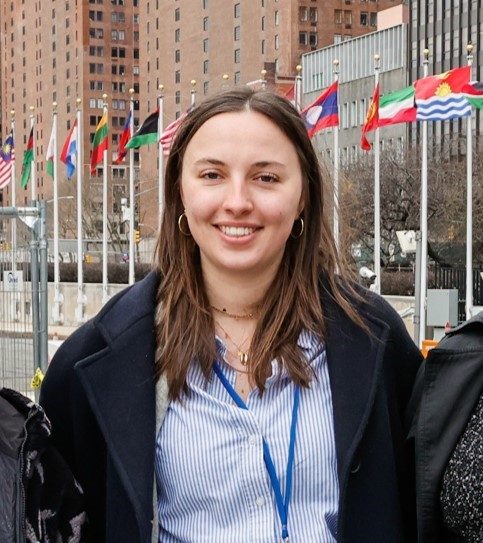
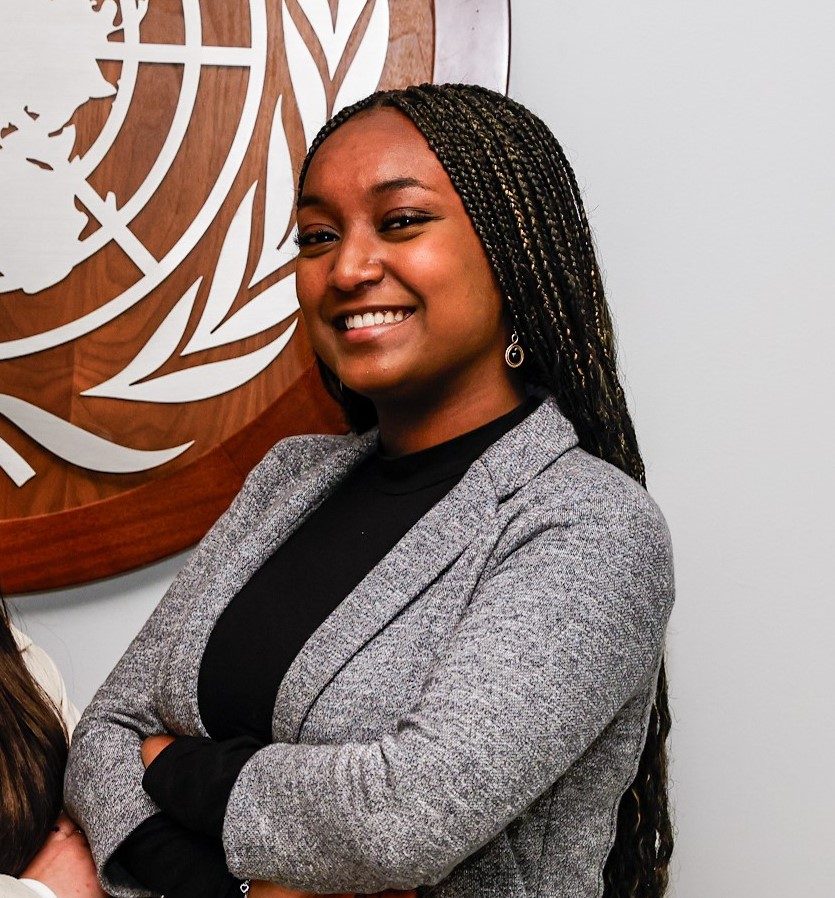
What was the thing you were most excited about before you come to CSW?
Paula: Exploring the UN and engaging with other activists towards gender equality.
Aline: To connect and meet with diverse people!
Michelle: I was very excited to meet all of the Plan International youth delegation. I was also excited to be in new York, especially at the UNHQ.
Lara: Getting to know other activists and exploring an international conference.
Semaria: I was really excited about what CSW might look like…I have seen videos or read about it but I was very excited what spaces like these might look like.
What was your favorite part of CSW?
Byronie: The people I met at CSW, specifically from the Plan youth cohort were amazing. The conversation and learnings among the youth were so essential to how we build off work done at CSW and motivate forward movement.
Paula: Learning a lot in the side events, commenting on the draft and seeing how things are changed towards our favour. Getting to know the strategies behind the negotiations of all the countries.
Semaria: My favorite part was an event organized by the Danish Mission on harassment.
Aline: Every part has a unique meaning to me; the part where we got to meet and share our concerns with decision makers was very empowering, the part where we all had the same mental state and emotional energy was also great. That we got to understand each other.
Lara: Seeing all the passion and united forces of the people working towards more equality.
Michelle: My favorite thing about CSW was that young people like myself were given a chance to influence policies and contribute to the enhancement and implementation of the already existing policies. My favorite things [were also] the high level youth interactive dialogue, interactive discussion with the United States Government and the World Bank lead Economist, and working with a group of youth advocates (Plan Youth delegation to the UN CSW) has also been my favorite thing, it was very empowering and motivating.
What was the most frustrating part of CSW?
Lara: So many people advocating against human rights.
Michelle: I would personally say the low turn out of key decision-makers and member states at the High-level youth interactive dialogue. I hope this will improve going forward as this is a newly adopted session by the UN women at CSW.
Byronie: Among the most frustrating things at CSW was the view of youth voices, though it’s very challenging to avoid when engaging with such a diverse group. I often felt youth were viewed as such a monolith. Moving forward I feel we must change the views on youth and our participation. We need to work towards an acknowledgement of the individuals rather than seeing youth representatives as interchangeable and monolithic.
Semaria: When you have questions at the end of a panel but there is no time to ask the panelist questions and they don’t take your question.
Paula: Seeing how many countries actively are working against gender equality and some countries manipulating the negotiations.
Aline: That we had to compromise when we were reviewing the agreed conclusion draft; the fact that the basic human rights had to be negotiated.
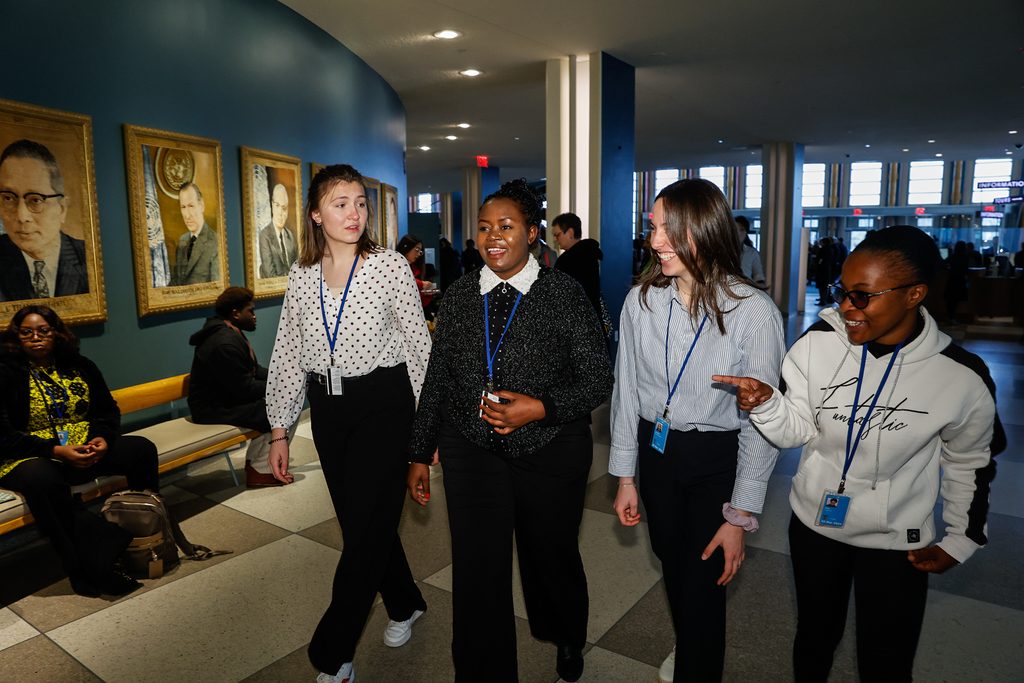
What is one thing that surprised you this week?
Aline: The power we have in influencing decision makers and the people around us.
Paula: How full all the conference rooms were.
Lara. The complexity behind negotiations.
Michelle: The amount of new things that I have learnt, the new information I have gained.
What message will you take back to the girls and young women in your community?
Michelle: We have to own our space; be fully present in different development platforms. We should demand a seat at the table to effectively contribute in the policy discussions and decision making that are well suited for our well being and development at the national, regional and the global level.
Semaria: There is hope.
Lara: Honour your privileges and keep fighting for all the girls worldwide.
Byronie: A key take away for me at CSW this year is that being in these spaces doesn’t equal positive change. So much of the really meaningful work happens outside these distinguished political spaces. And though they are certainly needed, and girls and young women must be represented, it’s important to remember that it’s the work you do everyday, and though it’s sometimes mundane or ordinary, the consistency of those practices are what makes a difference.
Aline: Your voices will be heard, just keep on speaking.
What do you most want world leaders to remember long after CSW is finished?
Semaria: That voices of girls and young women really matter, and we need to be involved.
Paula: Young people and adolescent girls must participate fully, equally, meaningfully and effectively for gender equality [to be] reached and poverty to end. This means they must be included within the general discussions and and not only within youth spaces.
Lara: Young people, especially girls, have a lot of expertise and contribute a great deal to our society. Their voices need to be heard and their activism needs to be valued.
Aline: Their decisions will determine the lives of millions of girls and women, I hope they are satisfied.
Michelle: There is nothing for the youth without the youth. It is time to give young women a seat at the table, invest in their ideas, invest in existing interventions that support girls and women working to bridge gender gaps and demographic divides at grassroots, national and global levels. Work with young people, work with young women and girls.
